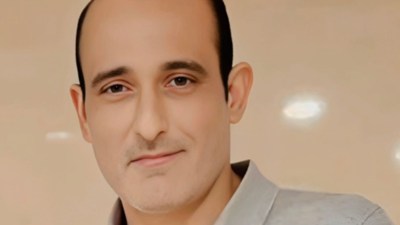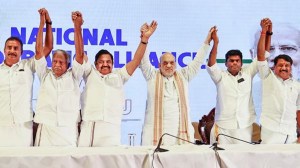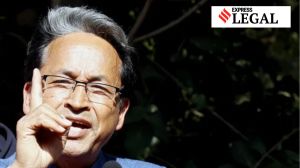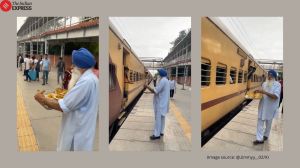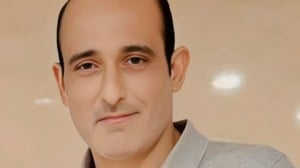Myanmar junta prepares for final salute
An ostentatious parade by Myanmar's ruling generals on Saturday is being cast by the junta as a swansong.
An ostentatious parade by Myanmar8217;s ruling generals on Saturday is being cast by the junta as a swansong,but the military looks set to remain the dominant political force even after handing power to a civilian government after elections later this year.
The annual Army Day parade in the new capital of Naypyitaw will no doubt feature nationalist speeches on economic potential and democratic rule in the former Burma,but analysts say the generals have a far more important message to deliver.
8220;They will talk about ideology,policy and the steps they8217;ve taken towards democracy,8221; said Aung Naing Oo,a Harvard-educated Burmese academic based in Thailand.
8220;More symbolic is their attempt to show everyone at home and abroad that the military will not,and must not,be discounted.8221;
The generals hope that a veneer of democracy may lead Western powers into easing sanctions,but critics have already dismissed forthcoming elections as a sham.
If the incoming government cannot win legitimacy,it will struggle to fix an economy in ruins after decades of military rule.
Despite growing trade with China and Asia,its sanctions-hit banks,for instance,remain largely shut off from the world,posing a major challenge for the next generation of leaders.
The isolated country of 48 million people,with its rich natural resources from natural gas to timber and gems,is strategically nestled between Asia8217;s rising powers of China and India,with a port in Southeast Asia.
Undeterred by Western sanctions,those three players are racing to tap Myanmar8217;s economy,but with few experienced technocrats in the country,corruption,cronyism and clumsy fiscal management look set to continue.
DEMOCRATIC FACADE
A glance at the army-drafted constitution of 2008 shows critics have good reason to doubt the generals8217; sincerity. The new,8221;democratic8221; Myanmar will effectively remain a military dictatorship,even if the polls are free and fair,as promised.
The armed forces chief will be more senior than an elected president,the military will retain control over key ministries and a quarter of parliamentary seats will be set aside for the men in green.
Other seats are likely to be taken by junta cronies and their proxies in civilian-led parties.
Detained opposition leader and Nobel laureate Aung San Suu Kyi on Tuesday said she wouldn8217;t dream of entering her party in the polls,although she said fellow members would have the final say.
The generals have spent billions of dollars in Naypyitaw building lavish mansions,a parliament,senate and dozens of new ministries,determined to push ahead with their polls,but trouble looms in the mountains beyond.
Powerful ethnic armies along Myanmar8217;s borders with China and Thailand,which have enjoyed de facto autonomy for decades,are refusing to accept the junta8217;s 8220;offer8221; to disarm and join the political process,riling Burmese generals determined to take full control of the ethnically diverse country.
War between these groups and government troops could be imminent in the rebellious Shan and Kachin states.
WHITHER THE GENERALS?
Most people in Myanmar privately express deep cynicism toward the election but are reluctant to criticise it publicly for fear of repercussions in a country that routinely jails critics.
Many are anyway more focused on pocketbook issues 8212; from the high cost of fuel to climbing food prices 8212; in the teeth of rampant inflation blamed on years of neglect and economic mismanagement by the military junta.
So what will happen to the top generals?
Despite speculation 77-year-old junta supremo Than Shwe could become president,Myanmar experts believe he and number two,Maung Aye,will retire and hand over power to loyal army proteges,perhaps pulling some strings from behind the scenes.
Junta number three Thura Shwe Mann,62,is widely tipped to take the top job of armed forces supreme commander,who can assume power at a time of crisis,according to the constitution.
Although the polls have already been written off,many believe a transition to full civilian rule,albeit drawn out and gradual,will eventually transpire.
8220;They8217;re committed to this process so there8217;s the potential of some devolution of power,a half-way house,8221; said Christopher Roberts,an author and Myanmar specialist at the University of Canberra.
8220;For now,the generals want to show they8217;re still in control,but that might not necessarily be the case in another 10 years.8221;
- 01
- 02
- 03
- 04
- 05


